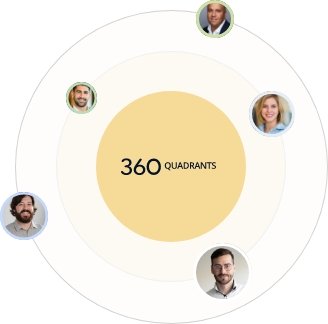The term “halal” in Islam means “permissible” or “lawful,” whereas the term haram means “unlawful” and “prohibited.” These terms apply to different types of food and beverages that Muslims are either permitted to or prohibited from consuming. The term “halal” is used to refer to various food and beverages as well as other matters and aspects of daily life. As per Islamic law, halal ingredients are considered permissible for consumption and use. Of these ingredients, the common ingredients considered are based on vegetable, plants, fish, and animal’s meat, which is slaughtered according to the sharia law. In addition, this regulation permits the consumption or use of chemicals origins, which are non-alcoholic in nature, in a range of food and beverage products. Besides the food and beverage industry, halal ingredients are also witnessing increased application in the cosmetics industry, due to the rising demand in beauty products and preference for “halal” labeled products. Products such as lipsticks, creams, and soaps are checked by scientists to ensure that they contain halal ingredients. Due to various claims of safe food and health benefits, the preference of food and beverages that are halal ingredients certified among customers, including the non-Muslim population, across regions continue to persist.
Visionary leaders are the leading market players in terms of new developments such as product launches, innovative technologies, and the adoption of growth strategies. These players have a broad product offering that caters to most of the regions globally. Visionary leaders primarily focus on acquiring the leading market position through their strong financial capabilities and their well-established brand equity.
Dynamic Differentiators are established players with very strong business strategies. However, they have a weaker product portfolio compared to the visionary leaders. They generally focus only on a specific type of technology related to the product.
Innovators in the competitive leadership mapping are vendors that have demonstrated substantial product innovations as compared to their competitors. The companies have focused on product portfolios. However, they do not have very strong growth strategies for their overall business, when compared with the visionary leaders.
Emerging companies have niche product and service offerings. Their business strategies are not as strong as that of the established vendors. The emerging vendors include the new entrants in the market, emerging in terms of product portfolio and geographic reach, and require time to gain significant traction in the market.



